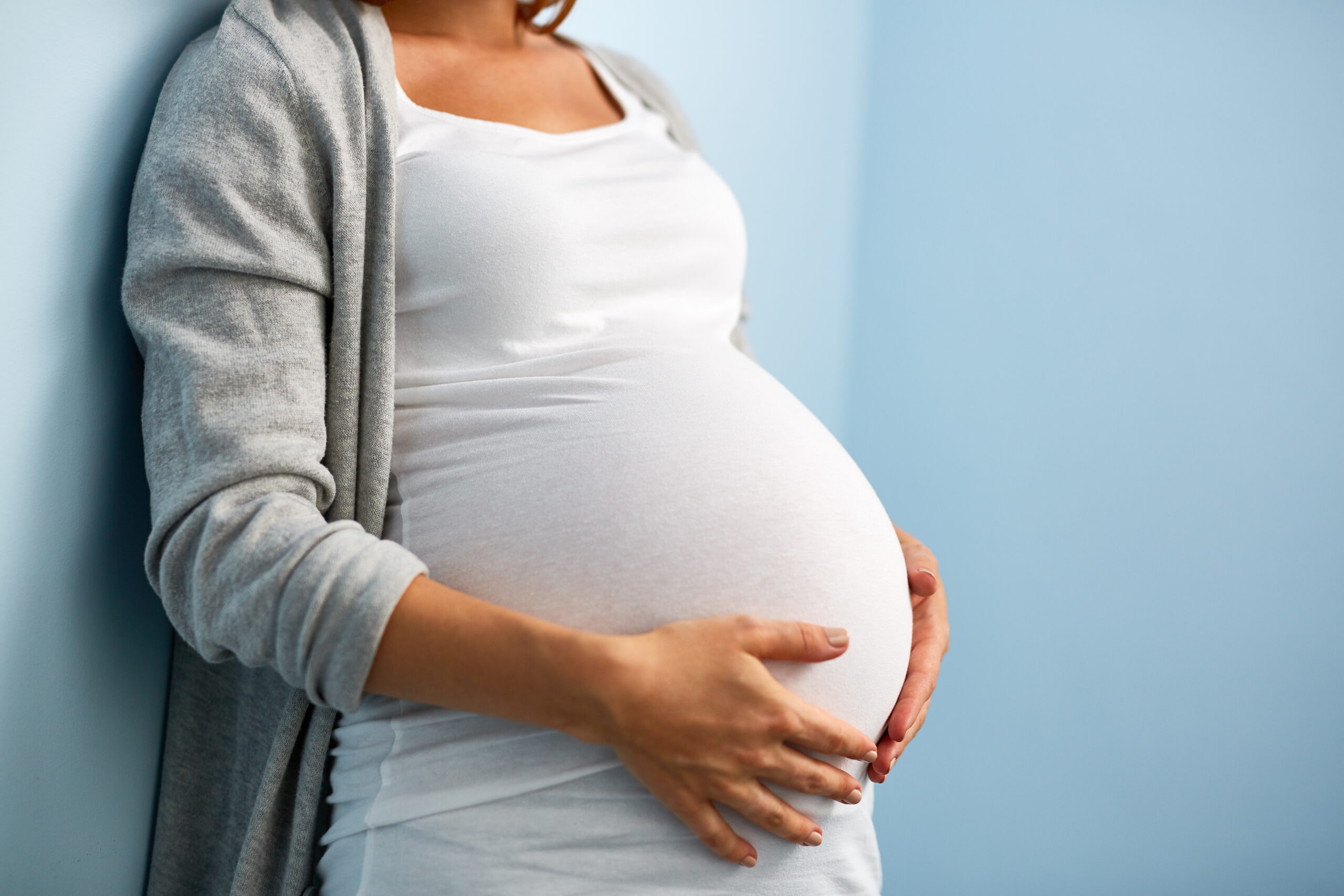Important Pregnancy Blood Type Information
In life, your blood type only truly matters when you need a blood transfusion and when you are pregnant. Let’s talk about the latter scenario.
Your blood type is made up of two components, represented by a the letter and a positive or negative. Blood types describe characteristics of your red blood cells, the part of your blood that carries oxygen from your lungs to the rest of your body.
The letter of your blood type (O, A, B, or AB) refers to the presence or absence of certain types of small particles on the red blood cells that have been named with these letters. The positive/negative part of your blood type refers to the presence or absence of another specific particle on the red blood cells (given the letter D). We call these particles “antigens”.
See Also: Pregnancy Week by Week
Your body recognizes these antigens as normal and safe. Anything that is not what is attached to your blood cells is considered foreign and a potential hazard. Therefore if you are exposed to new antigens, your body forms antibodies to fight them.
The first part of your blood type, the letter, doesn’t affect pregnancy. However, the positive/negative part can. If you have a “negative” blood type, it means your body does not have the D antigen. If you become exposed to the D antigen, your body will make an army of antibodies to fight this foreign particle in the event if it ever sees it again.
See Also: 6 Early Miscarriage Symptoms All Pregnant Women Need to Know
You can become exposed to this antigen if the baby you are carrying has a “positive” blood type and you have bleeding in pregnancy or during childbirth. Once this army of antibodies is formed, it has the ability to cross the placenta and affect the baby or future pregnancies.
Therefore, if you have a “negative” blood type, your obstetrician will recommend you get a special shot, called Rhogam, to prevent your body from forming these antibodies. You receive that shot for any bleeding during pregnancy, at about 28 weeks, and after delivery if needed. This shot will prevent any problems the antibodies might cause to the pregnancy and future pregnancies.
